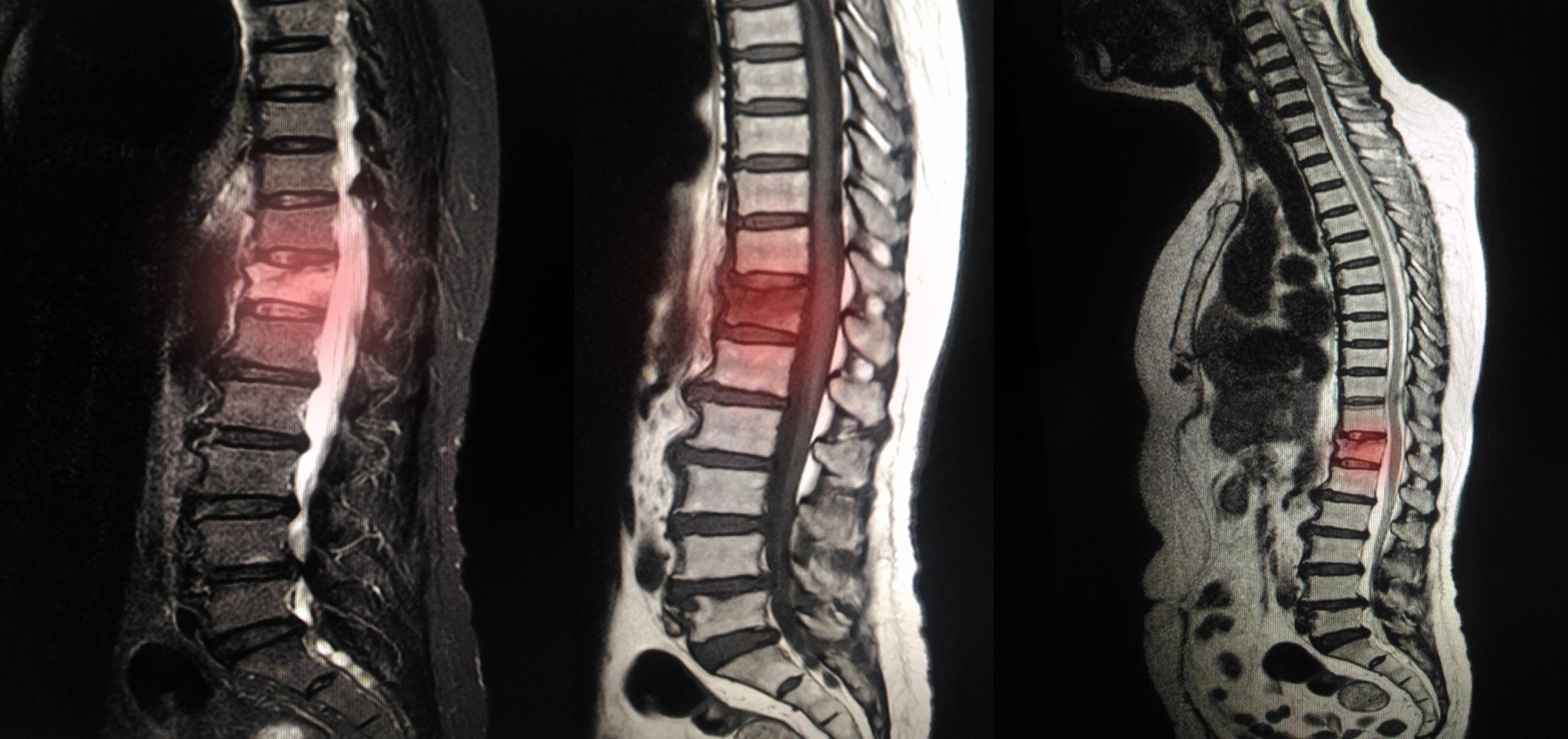BRIAN J GRABER LLC is a retaliatory discharge lawyer representing Michigan employees fired in retaliation for exercising their rights under Michigan’s Worker’s Disability Compensation Act. Michigan employees have other protections from wrongful termination. Click here to learn more about your rights under Michigan and federal law to be free from wrongful terminations. Michigan follows the employment-at-will doctrine. Under the employment-at-will doctrine, an employer can fire employees for any reason, including an unfair reason. However, in Michigan, the employment-at-will doctrine is not absolute. In Michigan, an employer cannot fire an employee for exercising his or her right to benefits under Michigan’s Worker’s Disability Compensation Act for a work-related injury.
Protected Activity – Exercising Rights Under the Worker’s Disability Compensation Act
Terminating a Michigan employee-at-will for exercising his or her rights to worker’s compensation benefits may result in tort liability under a Michigan retaliatory discharge claim. The Michigan Worker’s Disability Compensation Act provides as follows:
A person shall not discharge an employee or in any manner discriminate against an employee because the employee filed a complaint or instituted or caused to be instituted a proceeding under this act or because of the exercise by the employee on behalf of himself or herself or other of a right afforded by this act.
MCL 418.301(13)

A Michigan employee fired for exercising his or her right to file a claim for benefits for a work-related injury under Michigan’s Worker’s Disability Compensation Act engages in a protected activity for the purposes of a retaliatory discharge claim.

In Cuddington v. United Health Services, Inc., a court held that employees have a right to seek medical services for work-related injuries, however, that employee bears the burden of proving that he or she needed medical services following a work-related injury. To establish a prima facie case or retaliation under Michigan’s WDCA, an employee who suffers a work-related injury must present evidence:
- That he or she asserted a right to obtain necessary medical services or actually exercised that right;
- that the employer knew the employee engaged in this protected conduct;
- That the employee took adverse employment action against the employee; and
- That the adverse employment action and the employee’s assertion or exercise of the right afforded under the WDCA were causally connected.
However, a cause of action for retaliatory discharge in Michigan cannot be based on the anticipated exercise of a right under the WDCA. Learn about your Michigan worker’s compensation rights here. Independent contractors in Michigan do not have any causes of action for Michigan common law retaliatory discharge. See Smith v. Town & Country Properties II, Inc., 338 Mich. App. 462, 480-482 (2021) (refusing to extend common law retaliatory discharge protections to independent contractors). However, Michigan independent contractors may have protections under other Michigan laws like ELCRA or PDCRA and certain federal whistleblower protection laws.
Michigan employees may have other rights to be free from wrongful discharge or retaliation under other State and Federal laws. Click here to learn more about your rights to be free from retaliation and wrongful termination under State and Federal wrongful discharge laws. Michigan employees may have protection under the Michigan Whistleblowers’ Protection Act. Click here to learn about the protections from retaliation and wrongful discharge under the Michigan Whistleblowers’ Protection Act.
If you would like to learn more about Michigan retaliatory discharge claims for exercising your rights under Michigan’s Worker’s Disability Compensation Act, contact BRIAN J GRABER LLC, a Michigan retaliatory discharge lawyer for a free consultation at (269) 230-6054, or email us to schedule a free confidential consultation.

